Why is your puppy not eating?
When it comes to feeding puppies, it is usually a pretty easy endeavour because most puppies will gobble down whatever is offered to them. But when a puppy does not eat their food, it can be cause for concern—and there can be many reasons. Some puppies may have dental issues, such as a broken tooth. Others may like their treats so much that they will hold out for them on the off chance you will give them some as a meal.
If your puppy avoids their food bowl for one meal, it's probably not a big deal. But puppies shouldn't go longer than 12 hours without eating. This can make them susceptible to low blood sugar. Small and toy breeds like Pomeranians and Maltese have a faster metabolism than larger dogs like Cocker Spaniels or Dalmatians and as such are more susceptible to low blood sugar dips.
However, every dog is unique, even within the same breed, and puppies don't have the fat reserves of adult dogs.
Article
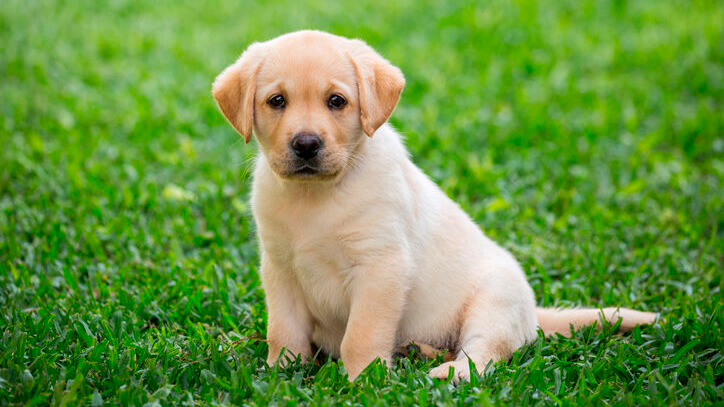
So if your puppy has walked past their food bowl for the second time, a trip to the veterinarian might be in order. What are normal feeding habits and how can you develop healthy eating habits in your puppy?
Your puppy’s feeding habits
Feed puppies on a consistent schedule with nutritionally balanced food. This helps ensure your puppy receives the proper nutrition for a healthy adulthood. They are also more likely to learn healthy eating habits.
Reasons why your puppy doesn't want to eat
As we said above, puppies should eat a meal several times daily. When they ignore food for 12 hours, it's time to see the vet to rule out health issues. If all is okay, here are some common reasons your puppy may be passing up the food bowl.
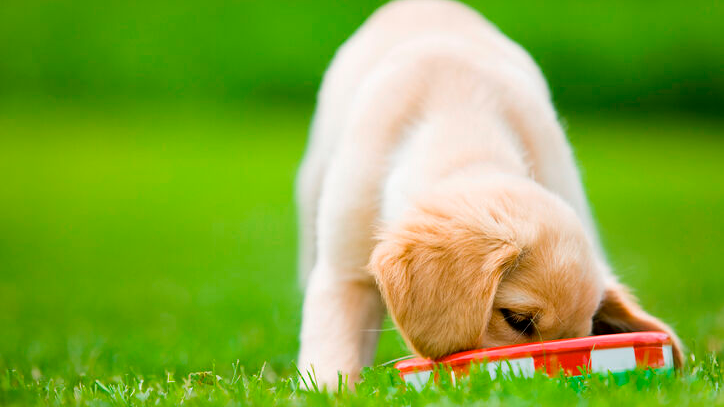
Your puppy may be a picky eater
Some dogs are pickier, and finding the perfect food can be challenging. But puppies, especially Labradors, are notorious for trying to eat everything they find interesting. When your puppy isn't eating, ask yourself a couple of questions:
- Does your puppy eagerly gobble up their training treats and then ignore the food bowl?
- Does your puppy beg to eat your food or get too many treats between meals?
- Is your puppy teething?
There are ways to encourage healthy eating habits in your picky eater. Try changing up their food. You can add a little water to soften their food while they’re little. If you decide to switch puppy food, talk to your vet about whether this is a good idea for your dog and how to transition your puppy to a new food. You may consider diversifying the texture providing dry and wet—separately or mixed.
A puppy should transition to different food over 10 days. Watch for any signs of stomach discomfort. If your puppy shows stomach upset, vomiting, or diarrhoea symptoms, return to the previous step and increase the transition time between steps.
Food transition schedule
Offer treats only during training if your puppy is holding out for them. This trains your puppy when to expect them.
Avoid offering your puppy human food. Puppies can refuse their food, holding out in case that gets them more of your food. Human foods won't meet their nutritional needs and can have ingredients that make them sick, so stick to offering puppy food for meals and training treats during training. Any treats should come out of your puppy’s daily food rations, either way.
Between four and six months, your puppy will start losing teeth. Their baby teeth fall out to make room for their adult teeth. Puppy teething pain can be uncomfortable and painful, causing your puppy to avoid eating or chewing (much like human babies would). Dental issues like a cracked tooth or a piece of a plant or wood stuck between their teeth—little adventurers!—will also cause pain.
To ease your puppy's teething pain, offer different textures and types of chew toys. Edible chews or toys made for puppies that have been refrigerated can soothe sore gums as well.
Your puppy has left their littermates and mothers to join their new family. Adjusting to a new environment and new sights, sounds, people and pets can cause stress. Puppy separation anxiety (from missing their mum or siblings) or settling into a new environment can disrupt a puppy's appetite. Signs to watch for are panting, shaking, tucked tail or ears, yawning or lick-lipping. A stressed puppy may also exhibit bad behaviour, such as soiling in the house or becoming aggressive.
Some ideas for minimising your puppy's stress or anxiety are:
- Exercise your pup an hour before mealtime. This calms them and builds their appetite.
- Change where your puppy eats. A quiet area away from the noise, active family members, and other pets (even the cat) can help with the anxiety. Some puppies prefer to eat in their crates and will feel safer there.
- If you are concerned about your puppy's stress or need further advice, talk with your vet for ideas to make their transition as smooth as possible.
Dogs prefer lighter meals when the weather is hot than they might be drawn to during colder months. They need less energy for their body systems to function during hot weather. This temporary reason for a puppy to stop eating usually resolves itself when the weather cools down.
- Offer your pup meals during the cooler parts of the day and keep them well hydrated. A dehydrated puppy can become very sick quickly.
- If you overfeed or offer too many treats between meals, your puppy may not be hungry.
- Offer your pup routine mealtimes and avoid free feeding to encourage them to finish their meal. This also helps you regulate when they need to go to the toilet.
- At mealtime, allow 20 minutes for your dog to eat and pick up any remaining food. Your dog will learn to eat during mealtimes and build up an appetite between meals.
- To avoid overfeeding, follow the guidelines listed on the food package and, of course, speak to your vet if you are unsure how much your puppy should eat.
Treats should be occasional—and deducted from your kitten’s daily kibble ration—until your puppy's food intake stabilises.
Puppies under six weeks may not be entirely on solid food yet. Ideally, they should still be with their mother. If you are raising orphan puppies, talk to your vet about their health and nutritional needs as you wean them to solid foods.
A sick puppy or a puppy experiencing pain or dental issues may not want to eat. Visiting the veterinarian as soon as your puppy refuses to eat for 12 hours can help you catch whatever is wrong immediately.
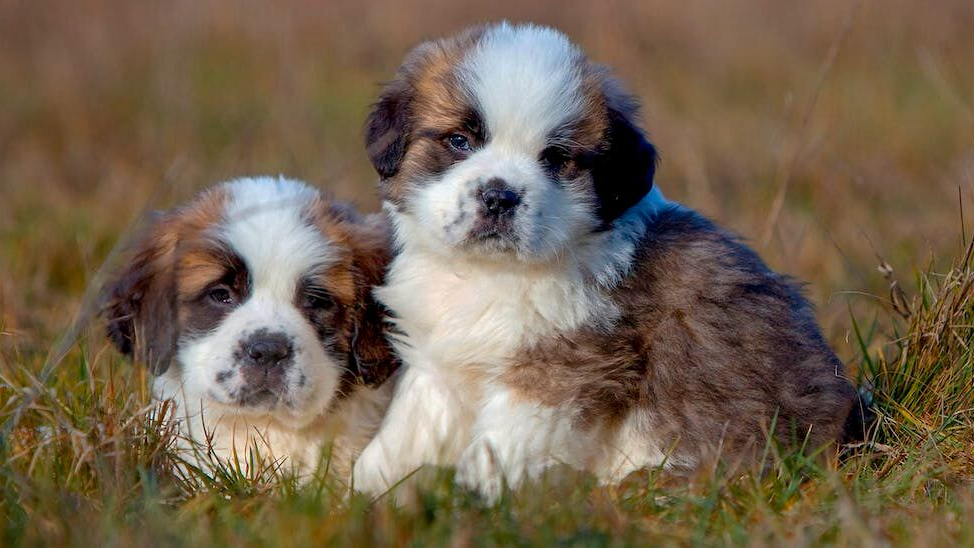
When to seek medical advice if your puppy is not eating
See your veterinarian if your puppy has not eaten in 12 hours. They should be able to get your puppy back on track and sniff out any potential issues—as well as reassure you.
- If your puppy is experiencing diarrhoea or vomiting (puppies can become dehydrated quickly)
- You notice blood in their stool or they are vomiting
- Decreased energy
- Other puppies in the litter have become sick
- You know your puppy has eaten something inappropriate
- You notice an abnormal gait, energy loss, weakness, or a seizure. This may indicate hypoglycaemia. Small dog breeds and toy breeds are very susceptible to this
As you can see, puppies can reject their food for many reasons. It’s not always a big deal. But if you feel like something’s awry, call your vet and have your puppy checked out.
Related articles
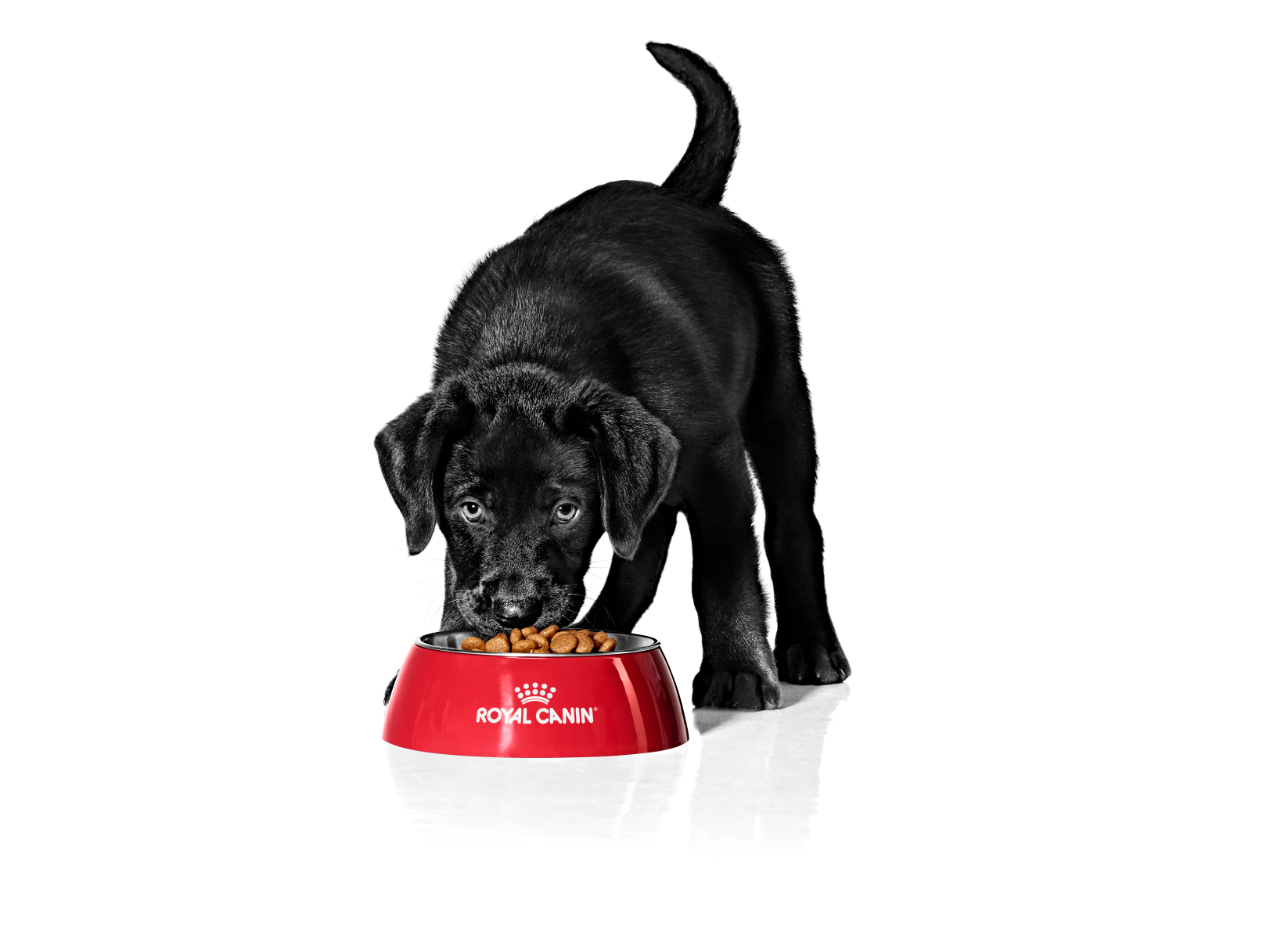
How often to feed a puppy
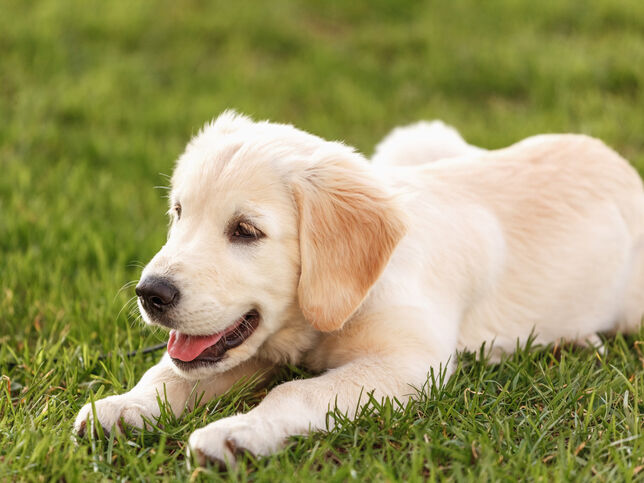
Puppy nutrition explained
Like & share this page